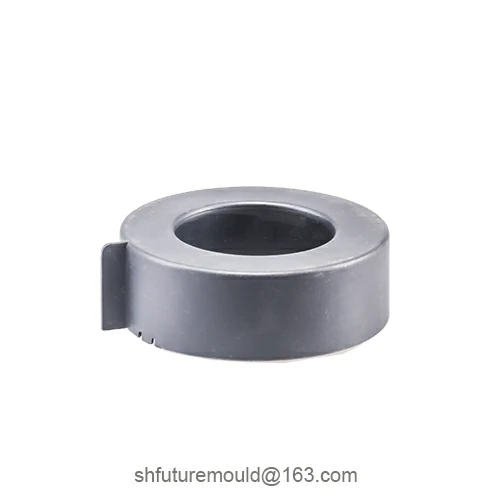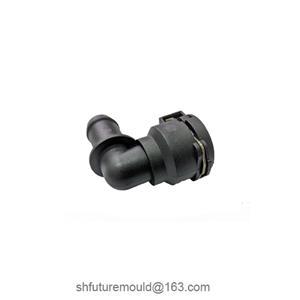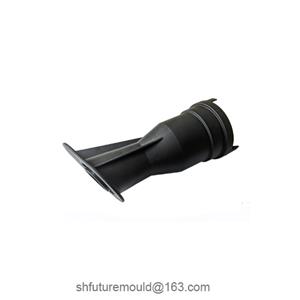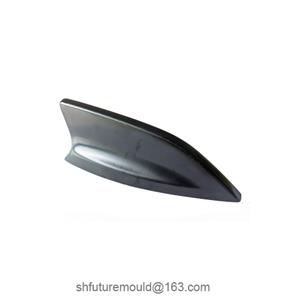Key Advantages and Operating Temperature of Aluminum Die Castings
Aluminum die castings have secured a significant place in industrial production due to their exceptional properties and wide range of applications.
Key Advantages of Aluminum Die Castings
Lightweight and High Strength: Aluminum alloys have a much lower density than cast iron and cast steel, yet they offer superior strength and corrosion resistance. This allows for significant weight reduction in structures while maintaining performance.
Excellent Surface Finish: Aluminum alloys have a natural luster and excellent casting properties, resulting in a high-quality surface finish on die castings, often requiring minimal post-processing.
High-Dimensional Accuracy: Aluminum die castings exhibit high dimensional accuracy, reducing the need for extensive machining and lowering production costs.
Excellent Thermal Conductivity: The excellent thermal conductivity of aluminum alloys makes die castings ideal for heat dissipation applications, such as electronics and automotive components.
Good Corrosion Resistance: Aluminum alloys readily form an oxide layer, providing excellent corrosion resistance and extending product lifespan.
High Ductility: Aluminum alloys are highly ductile, allowing them to be easily formed into complex shapes, meeting diverse product requirements.
High Recycling Rate: Aluminum is a recyclable material that can be recycled multiple times, reducing environmental impact.
Operating Temperature of Aluminum Die Castings
The operating temperature of aluminum die castings depends on factors such as the alloy used, product design, and operating environment. Generally, the melting point of aluminum alloys is around 600°C, while their long-term operating temperature is typically below 150°C.
High-temperature Applications: Some high-strength aluminum alloys can withstand higher temperatures, but prolonged exposure to high temperatures can affect their mechanical properties.
Low-temperature Applications: Aluminum alloys maintain good mechanical properties at low temperatures, making them suitable for aerospace, electronics, and other applications.
Factors Affecting the Operating Temperature of Aluminum Die Castings:
Alloy Composition: Different alloy compositions have varying temperature resistance.
Heat Treatment: Heat treatment can alter the microstructure of the alloy, affecting its temperature resistance.
Product Design: The shape, size, and wall thickness of the product influence its temperature resistance.
Operating Environment: Temperature, humidity, and the surrounding medium in the operating environment can impact the performance of aluminum die castings.
- Injection Mold
- Automotive Injection Mold
- Electronics & Electrical Injection Mold
- Consumer Goods Injection Mold
- Airplane Components Injection Mold
- Medical Components Injection Mold
- Irrigation Components Injection Mold
- Injection Molds




